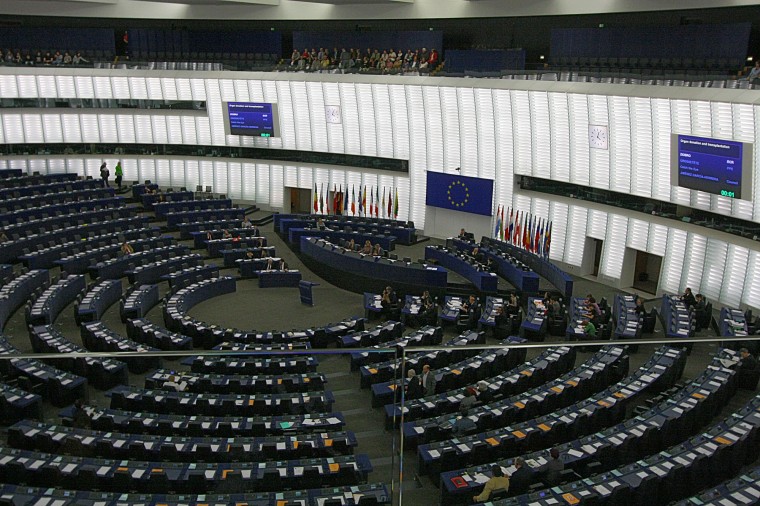Leaked: European Parliament legal opinion on data retention

Our friends at Access have obtained a copy of the much anticipated European Parliament legal opinion on data retention the day before it is due to be considered by the Parliament. This is a report by the Parliament’s Legal Service which sets out an authoritative interpretation of the effect of our victory in invalidating the Data Retention Directive. It includes specific guidance as to the principles which the EU must now follow in any new legislation – showing in concrete terms how our case has helped to protect EU citizens.
Some highlights:
1. The decision has brought additional protections from the European Convention on Human Rights into EU law generally, not just in the area of data retention:
The DRI judgement presents a novel aspect in so far as the Court of Justice refers specifically to a particular body of the case-law of the European Court of Human Rights on the issue of “general programmes of surveillance”. The Court of Justice has now effectively incorporated the same principles… into EU law in this same field. In view of the fact that the cited case-law of the European Court of Human Rights itself relates to a diverse category of surveillance measures (which is not at all limited to data retention issues), it is to be expected that the Court of Justice will, in future,also apply the same reasoning when assessing the validity, under the Charter, of other EU legislative acts in this same field of “general programmes of surveillance”. (p.25)
2. Both EU legislation and international agreements transferring personal information (e.g. to the United States) must comply with the principles set out in the judgment, which will result in strict scrutiny of surveillance laws:
All new and pending EU legislative proposals which concern the special context of “general programmes of surveillance” must clearly now take account of the reasoning… in the DRI judgment. Great care must therefore be taken in such cases to ensure full respect for the Charter. The same considerations will apply also in the case of international agreements under negotiation… (p.26)
Indeed, the Court has declared that the EU legislature’s discretion is “reduced” in such cases, with the results that the review of that discretion should be strict. (p.13)
3. National data retention measures must now be examined to see whether they are compatible with the principles of EU law set out in the decision:
[N]ational measures [for data retention] now fall within the scope of Article 15(1) of the e-Privacy Directive and have to fulfil all the requirements laid down in this provision. As a result, these national rules are implementing Union law, which entails the applicability of the Charter… Following the DRI judgment, Member States run an ever higher risk than before of having their legislation annulled by the national courts, in a similar way to what has already happened in a number of Member States. (p.26)
4. Other national surveillance systems can also be challenged following the DRI decision:
As regards other national measures requiring mass collection of personal data, storage and access of the data for law enforcement purposes, in case these measures fall within the scope of Union law… national courts might be called upon to examine the compatibility of these measures with the fundamental rights standards set out in the Charter as interpreted in the DRI judgment. (pp.26-27)
This is a significant report which highlights the impact of our litigation so far. To help support our case (which is still continuing before the High Court) please consider donating.
More analysis of the report on the Access Blog.
Image Credit: jeffowenphotos

